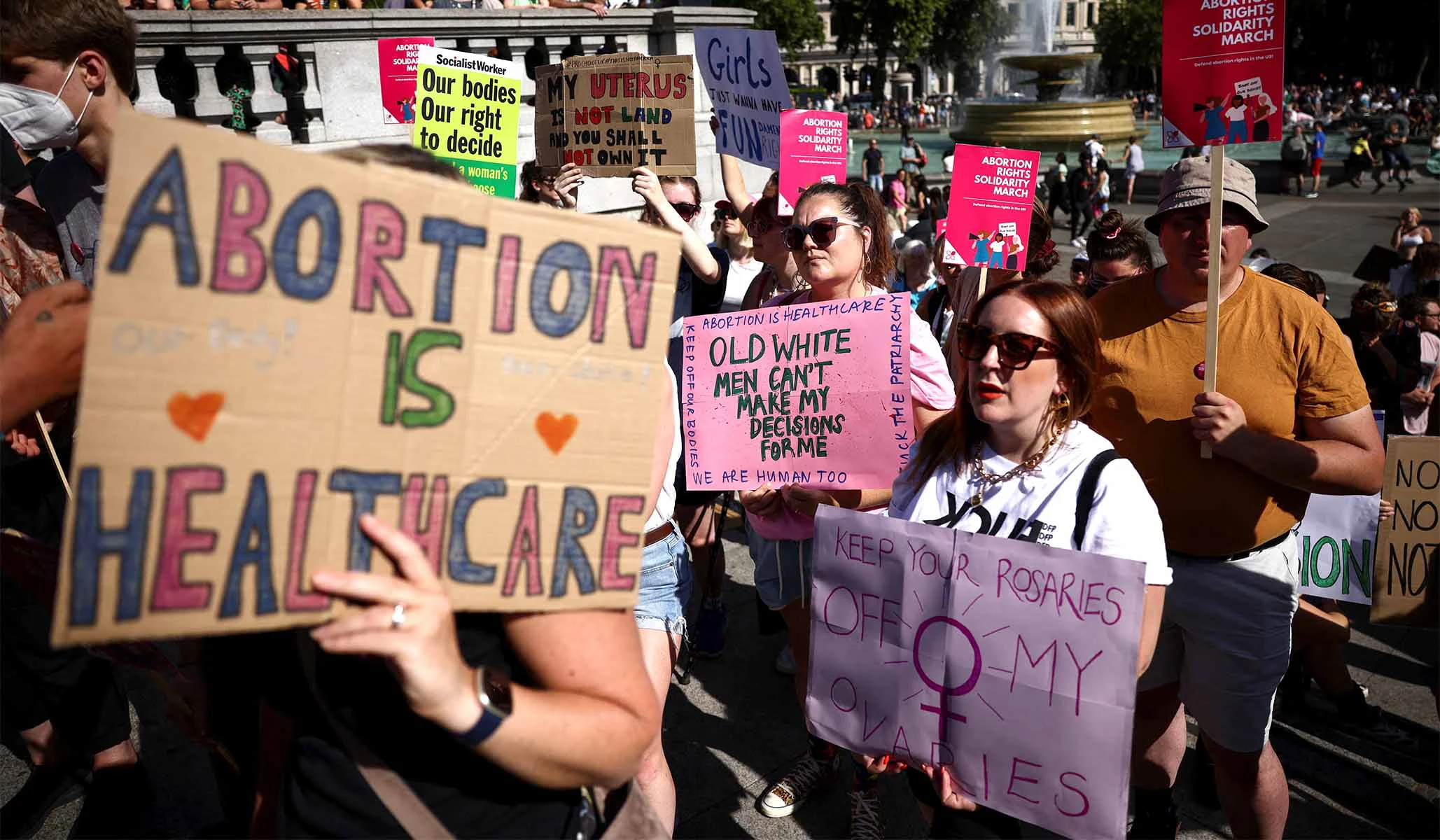The United Kingdom’s abortion law is based on exceptions rather than rights. The 1967 Abortion Act allows registered medical practitioners to perform abortions under specific circumstances. This law did not repeal the preexisting abortion ban but instead amended it. If the necessary conditions are not met, abortion remains a criminal offense under the 1861 Offences against the Person Act, which carries a maximum sentence of life imprisonment.
The permissive nature of the exceptions means that most abortions are accommodated, and the British maintain that abortion is a necessary, albeit regrettable, procedure administered at the discretion of medical professionals. Abortion is permissible before 24 weeks if two registered medical practitioners agree that the pregnancy poses a risk to the physical or mental health of the pregnant woman. After 24 weeks, abortion is allowed only if two practitioners agree that there is a risk to the life of the pregnant woman, or that the child would suffer from physical or mental abnormalities. During the coronavirus pandemic, temporary measures were introduced to allow access to pills inducing early abortions through the tenth week of pregnancy.
However, there are risks associated with this, including the physical risk of an undiagnosed ectopic pregnancy and the psychological risk of coercion by a partner or family member. There is also a legal risk of making a false statement about the trimester of the pregnancy. Carla Foster was convicted of “child destruction” after consuming abortifacient drugs provided by the National Health Service, which resulted in the death of her daughter, Lily. Foster told medical staff that she was unaware she was pregnant, then later told police that she had legally obtained the drugs without knowing how advanced her pregnancy was. She was sentenced to 28 months’ imprisonment but will serve only half of that sentence in custody.
The sentence has sparked outrage and calls for full decriminalization of abortion, with many arguing that Foster is vulnerable and in need of compassion. However, the same extreme distress that led Foster to seek a late-term abortion is also present in cases of infanticide, such as the case of Paris Mayo, who killed her newborn to conceal her pregnancy. The question being debated is not whether abortion should be legal in all nine months of pregnancy, as it already is, but whether it should be regulated by medical professionals or effectively deregulated under decriminalization.
Justice Pepperall, who sentenced Foster, deemed a letter he received from various British medical authorities on Foster’s behalf to be inappropriate, stating that his job is to apply the law, and changing the law is Parliament’s job. Regulating abortion to avoid situations like Foster’s is supposedly Parliament’s job as well.

